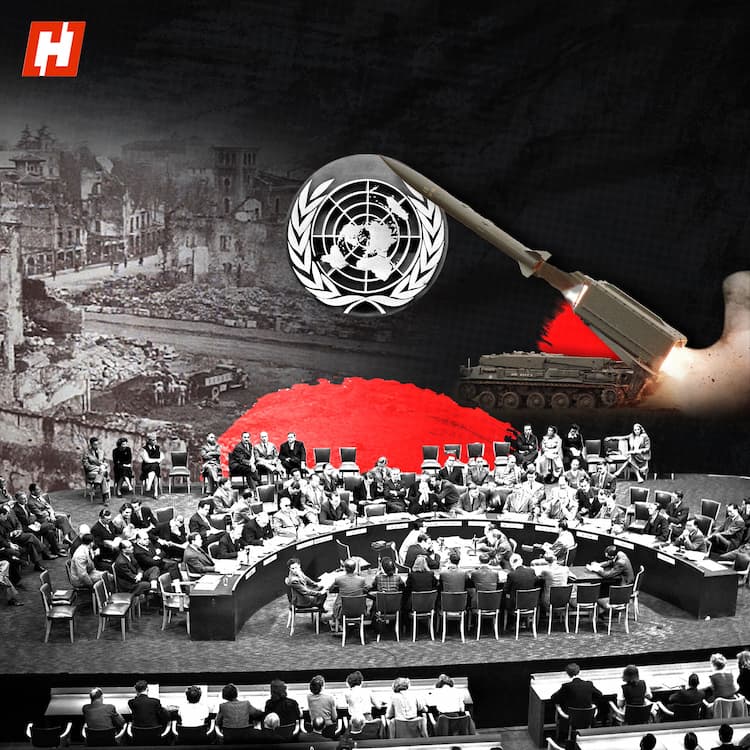If you’re in Dharamshala in July 2025, you’ll feel the serenity of a Himalayan town where prayer flags dance in the breeze and monks chant in ancient lanes. But beneath this calm lies a global spotlight, as the world watched India’s choice of envoy for the Dalai Lama’s 90th birthday celebration.
The decision? Union Minister Rajiv Ranjan Singh, better known as Lalan Singh—a surprise that carries layers of meaning.
On July 6, Dharamshala hosted a vibrant celebration for the Dalai Lama, a figure revered as a spiritual icon yet viewed by China as a political challenge. India’s delegation, led by Union Minister Kiren Rijiju, a practising Buddhist, was expected.
But Lalan Singh’s presence, as a chief guest from Bihar and a senior leader of Janata Dal (United) in the Modi government, raised eyebrows.
A Geopolitical Chess Move
India’s choice resonates far beyond birthday greetings. Bihar, Lalan Singh’s home state, is the cradle of Buddhism, home to Bodh Gaya—where Siddhartha became the Buddha—and the ancient Nalanda University.
The state’s name itself derives from “Vihara,” meaning Buddhist monastery. By sending a minister with such roots, India underscores its historical claim as the birthplace of Buddhism, a soft power asset in Asia.
This move carries weight in the tense India-China relationship. Beijing, which claims authority over the Dalai Lama’s reincarnation, monitors India’s Tibetan engagements closely.
The Dalai Lama, exiled in India since 1959, has asserted that only a trust he established can name his successor. India’s high-profile presence at his birthday—especially with a minister from Buddhism’s heartland—signals subtle defiance to China’s narrative.
Must Read: China’s ‘Golden Urn’: The ancient ritual at the heart of the Dalai Lama’s succession
In 2024, India hosted similar events with less fanfare, sending junior officials. This year’s choice of Lalan Singh, alongside Rijiju, suggests a bolder stance. Experts estimate that India’s Tibetan community, around 100,000 strong, remains a diplomatic lever in India’s foreign policy.
China’s protests over such events are routine, but India’s persistence highlights its refusal to cede ground on this issue.
A Domestic Political Play
Lalan Singh’s presence also has a domestic angle. Bihar faces assembly elections in 2025, and showcasing a Janata Dal (United) leader—part of the National Democratic Alliance led by Chief Minister Nitish Kumar—at a global event amplifies Bihar’s clout in the Modi government.
With 40 Lok Sabha seats, Bihar is a political heavyweight, and this move could bolster the NDA’s image as valuing the state’s heritage and influence.
In 2024, Nitish Kumar’s alliance with the BJP strengthened the NDA’s grip in Bihar, delivering 30 seats in the general elections. Highlighting Lalan Singh, a close Kumar ally, at the Dalai Lama’s event may be a strategic nod to this partnership, aimed at rallying voters ahead of the state polls.
A Fleeting Gesture or Lasting Shift?
The big question is whether India’s choice signals a lasting shift in its Tibetan policy or a momentary flex. Success depends on how India navigates China’s response and domestic priorities.
Delhi’s past engagements with the Dalai Lama have balanced caution and assertion, avoiding overt provocation while hosting him as a guest.
Dharamshala’s prayer flags may flutter peacefully, but the stakes are high. If India doubles down on its Buddhist heritage and Tibetan ties, it could reshape its role in Asian geopolitics. But without sustained follow-through, this moment risks fading like mist in the Himalayas.
Must Read: ‘Born outside China..’: Dalai Lama reveals conditions for successor





